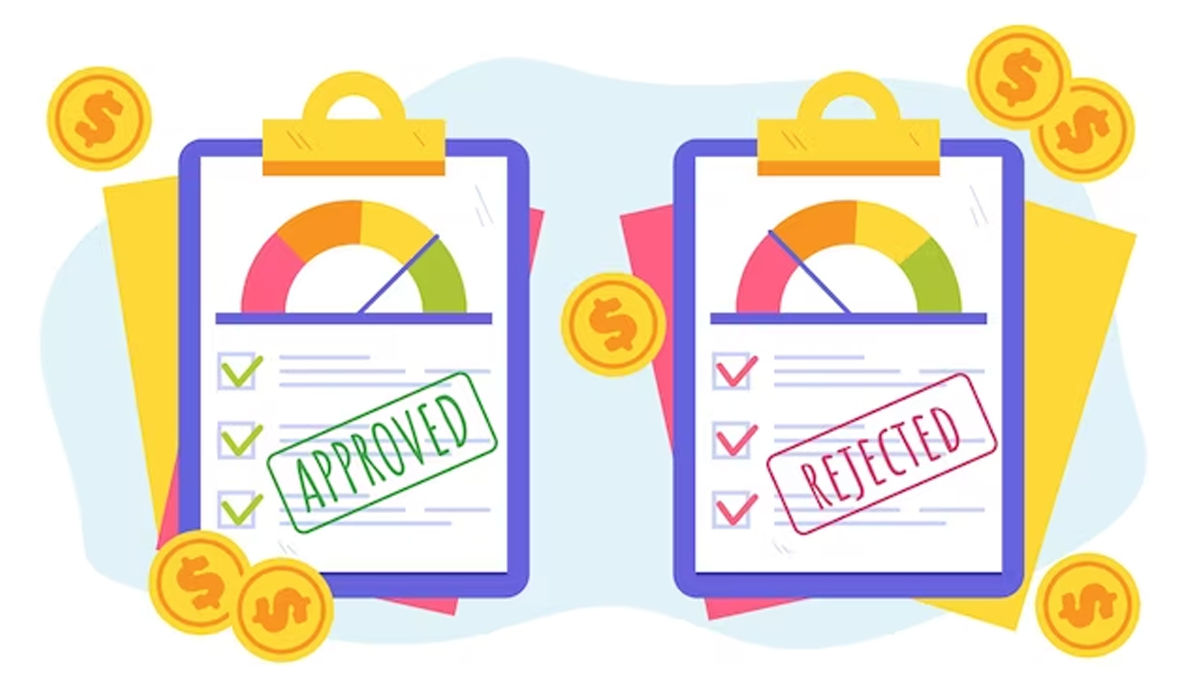Let’s delve into the details:
- Guarantor’s Role:
A loan guarantor is someone who agrees to take responsibility for the loan if the primary borrower fails to repay it. Guarantors are often required when the primary borrower has a limited credit history, poor credit score, or insufficient income to meet the lender’s criteria. The guarantor provides an added layer of security to the lender, increasing the chances of loan approval. - Primary Borrower’s Terms:
Generally, the terms of the loan agreement primarily concern the primary borrower, including the loan amount, interest rate, repayment period, and any applicable fees or penalties. These terms are usually decided based on the primary borrower’s creditworthiness, income, and other financial factors. - Guarantor’s Influence:
While the guarantor’s influence may be limited regarding the primary borrower’s terms, they might still have some room to negotiate the specific conditions related to their own role as a guarantor. Here are some areas where a guarantor could negotiate or have input:
a. Liability Limitation: The guarantor may seek to limit their liability to a certain amount or request that their responsibility as a guarantor terminates after a specific period or milestone, such as after a certain number of timely repayments by the primary borrower.
b. Communication and Notification: The guarantor might request the lender to keep them informed about the primary borrower’s repayment status regularly. This can help the guarantor stay aware of any potential issues.
c. Collateral Requirements: If the lender is asking for collateral from the guarantor, the guarantor may negotiate the type of collateral or seek alternatives to minimize their risk exposure.
d. Early Release: The guarantor could negotiate terms for early release from the guarantor obligation if certain conditions are met, like a significant improvement in the primary borrower’s financial situation or creditworthiness. - Lender’s Discretion:
It’s essential to understand that lenders have their own set of rules and policies regarding guarantors. While some lenders might be open to negotiations with guarantors, others may have fixed terms and conditions that are non-negotiable. The lender’s policies and the primary borrower’s financial situation will significantly influence the negotiation process. - Legal Implications:
Any changes or amendments to the loan agreement should be done in accordance with applicable laws and regulations. It’s crucial for both the lender and guarantor to ensure that any negotiated terms are legally binding and properly documented in the loan agreement.
In summary, while a loan guarantor may not have the authority to negotiate the primary borrower’s terms, they can negotiate certain conditions related to their own role as a guarantor. However, the scope of negotiation will ultimately depend on the lender’s policies and willingness to accommodate the guarantor’s requests. Before agreeing to be a guarantor, individuals should carefully consider their financial capacity and understand the responsibilities and risks associated with the role.
